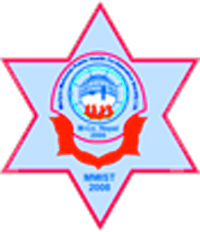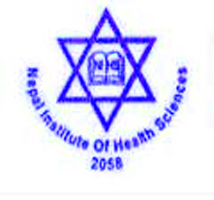Overview
CMLT Program at Kantipur College of Medical Science (KCMS), Kathmandu
CMLT at KCMS trains students for routine diagnostics in clinical laboratories. The program follows CTEVT rules for course content, assessment, and practical posting. Emphasis remains on accuracy, biosafety, and reliable reporting.
Highlights
-
CTEVT-affiliated CMLT
-
Typical duration of three academic years as per CTEVT
-
Regular hands-on practice in hematology, clinical biochemistry, and microbiology basics
-
Strong focus on sample collection, storage, transport, and documentation
-
Internal evaluation plus CTEVT board examinations
Curriculum Details
Key subjects include hematology, clinical biochemistry, basic microbiology, blood banking concepts, parasitology, and laboratory organization. Practical sessions cover phlebotomy, smear preparation and staining, urine and stool analysis, biochemical assays, rapid tests, and basic culture under supervision. Students learn quality control steps, reference ranges, and result validation workflows.
Objectives
-
Build reliable bench skills for entry-level diagnostic work
-
Promote safe handling of samples and effective communication of results
-
Support consistent record keeping for audits and accreditation needs
-
Introduce teamwork across lab sections and shifts
Scope
Graduates support hospital labs, private diagnostics, collection centers, and public health labs. Roles focus on test preparation, instrument operation within scope, result logging, and communication with clinical units.
Learning Outcomes
Students who complete CMLT at KCMS can:
-
Collect and process samples using accepted procedures
-
Perform common tests in hematology and biochemistry accurately
-
Assist in basic microbiology work under supervision
-
Maintain logs, follow biosafety, and prepare reports on time
Skill Development Modules
-
Phlebotomy and pre-analytical checks
-
Microscopy and staining methods
-
Basic instrument handling and maintenance routines
-
Internal quality control and error reporting
-
Communication of critical values to clinical teams as per protocol
Teaching Methodology
Faculty use lectures, bench demonstrations, checklists, and case-linked exercises. Internal assessment includes spot tests, viva, and practical records. Final evaluation follows CTEVT examinations.
Admission Requirements
-
Eligibility: +2 Science or equivalent set by CTEVT for CMLT
-
Documents: Academic transcripts, character and migration/provisional certificates, citizenship or passport copy
-
Selection: KCMS may conduct a written test and interview. Final selection follows CTEVT approval and seat limits.
Career Opportunities
Graduates work as medical lab technicians in hospitals, private diagnostic centers, and collection units. Growth paths include advanced diplomas, bachelor-level lab science, or special courses based on interest.
Scholarships and Financial Aid
Limited support may be available per policy. Applicants should watch official notifications for criteria and dates.
Why Choose This Course?
Students who enjoy careful lab work, accuracy, and steady routines find a clear track here. Kathmandu location supports exposure to varied laboratory setups during scheduled visits.
Conclusion
CMLT at KCMS provides the core skills for routine diagnostics under CTEVT. Students gain practical lab habits, documentation practice, and safe workflows required by service providers.


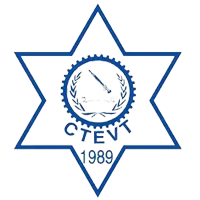
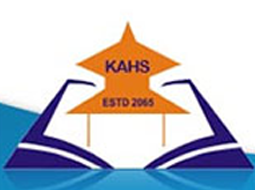
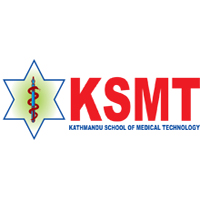
.png)
